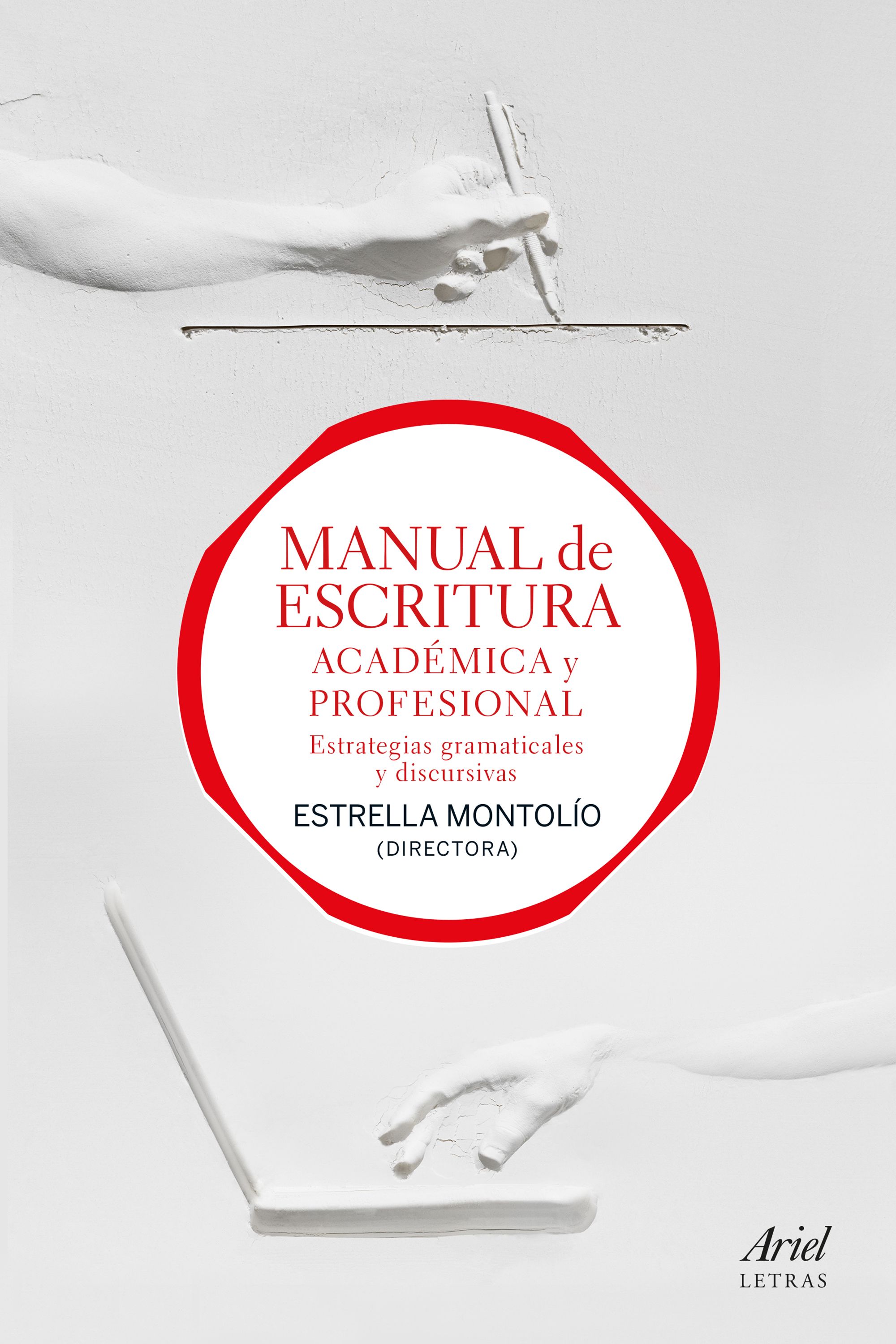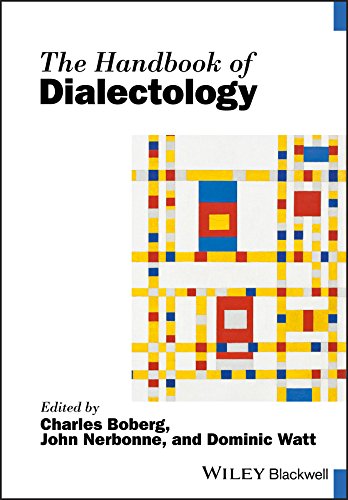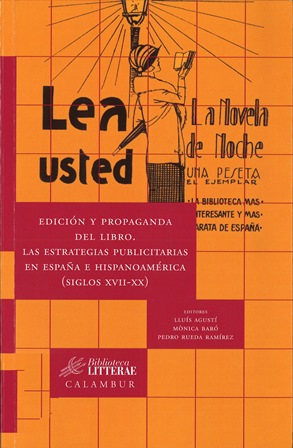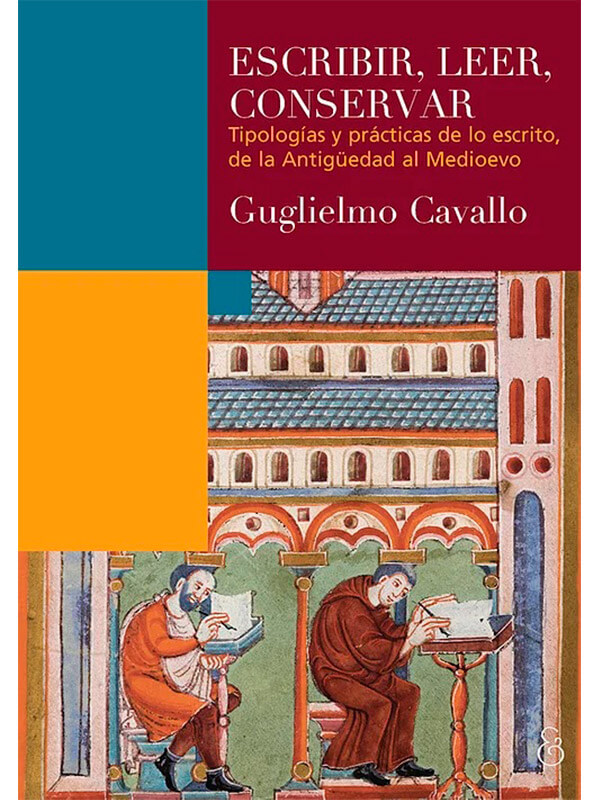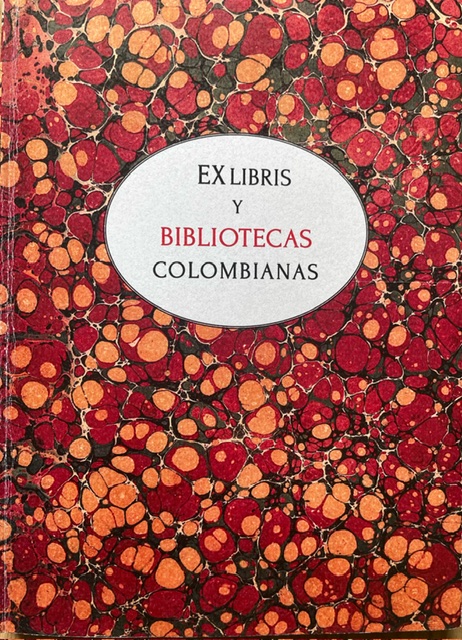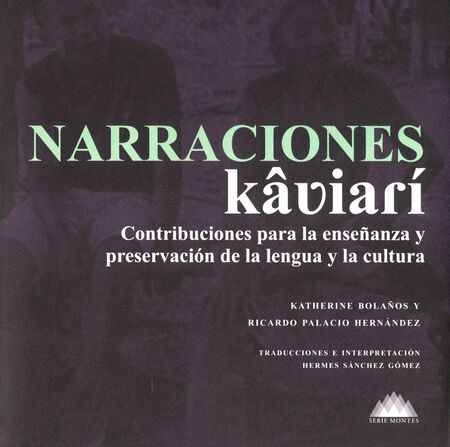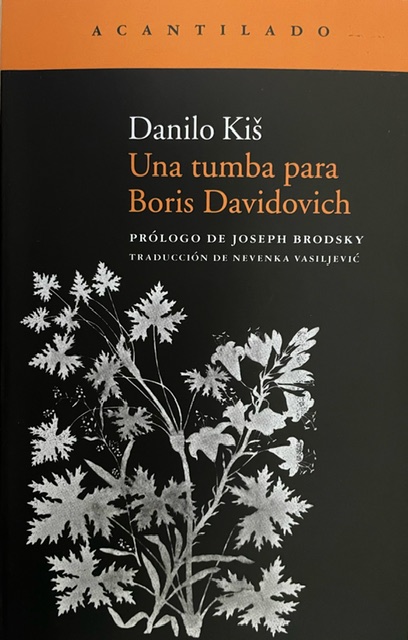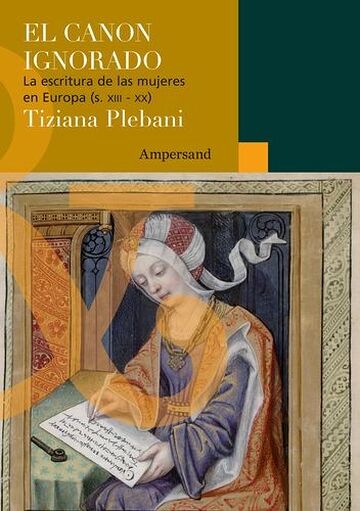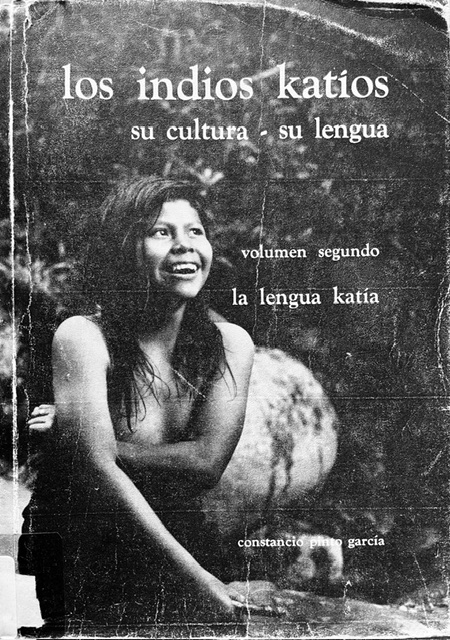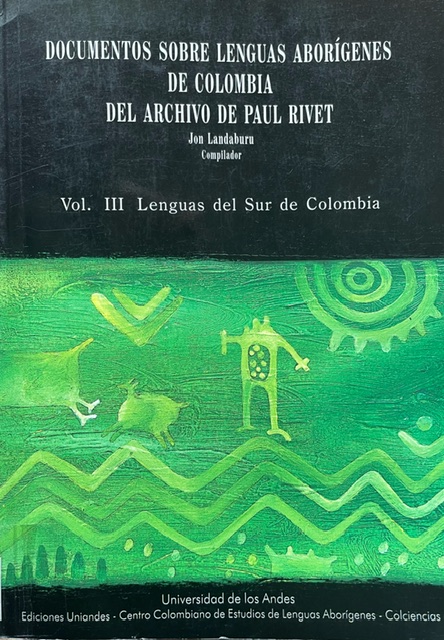The printing press as an agent of change communications and cultural transformations in early-modern Europe. Volumes I and II Elizabeth L. Eisenstein
Tipo de material: TextoIdioma: Inglés Detalles de publicación: Cambridge, Reino Unido Cambridge University Press 1979Edición: Complete in one volumeDescripción: xxi, 794 páginas 23 cmISBN:
TextoIdioma: Inglés Detalles de publicación: Cambridge, Reino Unido Cambridge University Press 1979Edición: Complete in one volumeDescripción: xxi, 794 páginas 23 cmISBN: - 9780521299558
- 22 686.209 EI36
| Tipo de ítem | Biblioteca actual | Colección | Signatura topográfica | Copia número | Estado | Notas | Fecha de vencimiento | Código de barras | |
|---|---|---|---|---|---|---|---|---|---|
| Libros | Sede Yerbabuena | Colección General | 686.209 EI36 | ej. 1 | En catalogación | tmt13 | 500082534 |
Incluye bibliografía e índice.
Part one: Introduction to an elusive transformation. -- The unacknowledged revolution. -- Defining the initial shift; some features of print culture. -- Dissemination. -- Standardization. -- Reorganization. -- Data collection. -- Preservation. -- Amplification and reinforcement. -- From hearing to reading. -- Republic of letters. -- Part two: Classical and christian traditions reoriented; Renaissance and Reformatin reappraised. -- A classical revivial reorientes: the two phases of the Renaissance. -- Introduction. -- Transitory revivals and a permanent Renaissance. -- Toward modern forms of consciousness. -- Arcana disclosed. -- The scriptural tradition recast: resetting the stage for the Reformation. -- Introduction. -- The end of the medieval church. -- Gospel truths recast. -- Resetting the stage for the Reformation. -- Relating the Protestant ethic to capitalist enterprise. -- From Catholic south to Protestant north. -- Aspects of the new book religion. -- Part three: The book of nature transformed. -- Introduction; problems of periodization. -- 'The greaat book of nature' and the 'little book of men'. -- Problems of periodization: (a) Burckhardiants versus Medievalist. -- (b) The shortcomings of medieval science. -- (c) Corrupted materials duplicated. -- Technical literature goes to press: some new trends in scientific writing and research. -- Bridging the gap between town and gown. -- Publicizing science. -- Galenic science revived and surpassed. -- Resetting the stage for the Coperncian Revolution. -- Sponsorship and censorship of scientific publication. -- Introduction. -- Divergent Protestant and Catholic policies. -- Blocking thought experiments. -- Ressetting the stage for Galileo's trial. -- Conclusion: Scripture and nature transformed.
Artes




